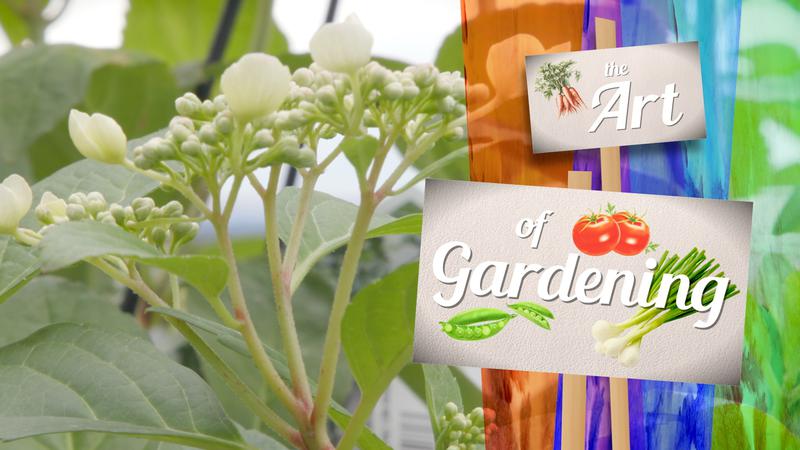
SOUND OFF: Culturally appropriate food goes beyond the ingredients on a plate
MANY DEFINITIONS of food sovereignty emphasize the right to access culturally relevant foods, including the following from La Via Campesina: “Food sovereignty is the right of peoples to healthy and culturally appropriate food produced through ecologically sound and sustainable methods, and their right to define their own food and agriculture systems.”
In our community engagement and food dialogue article for the 2024 Food and The City project, we identified “cultural disconnection from food practice” which refers to a lack of access to culturally appropriate food options and practices, as one of the barriers to achieving our vision of fostering a local food system that is regenerative, sovereign and just.
But what does “culturally appropriate food” mean?
Culturally appropriate food goes beyond simply the ingredients on a plate; it reflects the rich tradition and practices involved in food preparation and enjoyment, according to IP3. It means thinking about where the food is prepared, how it is served, when you eat the food and who you’re sharing it with. This experience enriches our connection to the food, to our cultural roots, and to each other.





